All articles on this site
-
Five Ways to Teach Creative Writing to Teenagers
Forgive the comic strip. It is there simply to convey the energy, playfulness and creative momentum of what was a genuinely joyful afternoon of creative writing at Goldsmiths. Recently we welcomed a brilliant group of Danish teenagers to campus for a creative writing workshop, led by their teacher Margit from DATE and NATE. They arrived full of curiosity, quickly made the space their own, and threw themselves into the session with enthusiasm, laughter and serious thought in equal measure. The workshop was led by three MA Creative Writing and Education students, Niki, Elizabeth and Priyanka, who guided the group through a series of carefully structured but low-stakes activities. From six-word stories and the joyful chaos of Consequences, to thinking about character through one vivid detail, conflict as the engine of story, and setting as atmosphere rather than description, the session offered a clear reminder of what works when teaching creative writing to teenagers. The comic strip gestures towards these ideas in a playful way, but what it really points to is something deeper. Teenagers being welcomed into a university. Future teachers developing their craft. And young writers discovering that language is something to explore and enjoy rather than fear. A brilliant snapshot of the MA Creative Writing and Education in action.
-
To Be Hamnet or Hamlet; that is the question — Seven lessons I learnt from watching Hamnet
To Be Hamnet or Hamlet; that is the question Seven lessons I learnt from watching Hamnet NB: This review contains spoilers. What if Hamlet is not just a tragedy about revenge, but an unfinished conversation with grief? I watched Hamnet at my local cinema, Crouch End Picturehouse, and came away unsettled, moved, and intellectually provoked. I taught Hamlet for A level English for years and thought I knew the play inside out. This film quietly dismantled that confidence, not by claiming new facts, but by offering a bold emotional reading and asking the viewer to live inside it. The premise is historically sound. Shakespeare’s son Hamnet died aged eleven in 1596; Hamlet was written several years later. What the film explores is what can never be proven, how grief might echo, displace itself, and reappear through art. From Anne Hathaway’s embodied mourning, to forests that seem to think alongside human loss, to the suggestion that Hamlet functions as a kind of family therapy, this is a film that invites big questions. I ended up getting seriously drawn in, researching grief theory, psychoanalysis, family systems, authorship, and early modern ideas of selfhood. Freud sits alongside contemporary bereavement research; Shakespeare studies meet post Covid loss. You will not read a better informed blog on this film. This is a flawed, troubling, and genuinely thought provoking piece of cinema. Shakespeare specialists may wince; others may cry; some people walked out. I recommend it with curiosity rather than reverence. If you’re interested in how stories allow us to enter difficult emotional spaces without explaining them away, this one is for you. If you’re reading this on Instagram, please paste the link into your browser to access the full article.
-
Free Human Givens Therapy Sessions, A Practical and Supervised Offer
I’m currently offering a small number of free Human Givens therapy sessions as part of the final stage of my professional training. This is a practical, solution focused approach that does not require you to talk about childhood trauma unless you want to. The work is often closer to coaching and focuses on challenges you are dealing with now, such as anxiety about work or money, relationships, confidence, or feeling stuck or overwhelmed. All sessions are confidential, ethical, time limited, and fully supervised by an accredited and registered Human Givens therapist. You can read more about my background, training, and approach, including an FAQ, here: https://www.francisgilbert.co.uk/therapy/ If you are interested, please email me at sir@francisgilbert.co.uk . I will reply personally and in confidence.
-
Analysis and Study Guide: A Christmas Carol by Charles Dickens
This new ‘Analysis and Study Guide to A Christmas Carol’ is written to help GCSE students genuinely understand Dickens’ novella and write confident, high-level exam responses. It draws directly on my experience teaching ‘A Christmas Carol’ for over twenty years in secondary classrooms, alongside my work as an academic at Goldsmiths where I research the best ways to teach diverse cohorts. Unlike formulaic revision guides, this book focuses on ideas, argument and clarity. It shows students how Dickens shapes meaning through structure, language, character and context, without reducing the novel to lists of quotes or rigid paragraph templates. Each section models the kind of thinking examiners reward, from building a clear thesis to selecting evidence that genuinely supports an argument. The guide includes detailed contextual explanations, accessible critical perspectives, close language analysis, character studies, theme exploration, exam style questions with guidance, creative tasks and speaking activities. The complete text of ‘A Christmas Carol’ is included, with clear, supportive annotations throughout. Written in an encouraging, student friendly voice, this guide works equally well for independent revision, classroom teaching and last minute consolidation. It is ideal for GCSE students aiming for top grades, and for teachers looking for a rigorous, readable resource grounded in real classroom practice.
-
Reading Children’s Fairytales: Inside the Gingerbread House (Chapter)
It’s been a real privilege to contribute to Reading Children’s Fairytales: Inside the Gingerbread House (Routledge), a genuinely collaborative and intellectually generous volume edited by an outstanding team with strong roots in Goldsmiths, University of London. The book is edited by Dr Mette Lindahl-Wise and Dr Harry Oulton, both PhD graduates of Goldsmiths’ Education department, alongside Professor Vicky Macleroy, now Emerita Professor and still a hugely influential presence in the field, and Dr Emily Corbett, Head of the MA in Children’s Literature and a tireless champion of children’s and young adult literature. Their collective vision has shaped a book that is rigorous, creative, inclusive, and genuinely interdisciplinary. The volume brings together leading and emerging scholars, practitioners, and creative writers to explore the enduring power of Hansel and Gretel across children’s and young adult literature, art, and culture. It includes a chapter by Professor Michael Rosen and an introduction by Jack Zipes, widely regarded as the world’s leading authority on fairy tales, setting the intellectual tone for the collection. Across the book, contributors examine retellings of Hansel and Gretel in picturebooks, graphic novels, poetry, YA fiction, sculpture, and Hip-Hop, challenging narrow, hierarchical, and canonical approaches to fairy tales. The result is a rich, dialogic collection that celebrates multiple forms of knowledge, multimodal meaning-making, and culturally responsive approaches to children’s and young adult literature. If you’re reading this on Instagram, please paste the link into your browser to access the full article.
-
The Oxford Handbook of Creativity and Education (Chapter)
I’m pleased to share that I’ve contributed a chapter to The Oxford Handbook of Creativity and Education (Oxford University Press, 2025), a major international reference work bringing together leading research on creativity in education from across the world. The handbook explores how creativity is understood, supported, and constrained across educational systems, with chapters examining policy, assessment, curriculum, classroom practice, disciplines, and research methods. It is designed for students, researchers, teacher educators, school leaders, and policymakers interested in the future of creativity in learning, teaching, and leadership. My chapter, Using Creative Writing to Fuel Creativity, focuses on the role of creative writing as a core pedagogical practice rather than a marginal or optional one. Drawing on research and my own experience in schools and universities, I argue that creative writing can support creativity across many disciplines, not only English and the arts, but also science, social science, psychotherapy, and research practice. The chapter explores practices such as freewriting, flow-based writing, reflective writing, and my own concept of diagrarting, combining writing, drawing, and dialogue. It also engages critically with assessment, high-stakes accountability, decolonising pedagogy, and the limits of traditional creative writing workshop models. Central to the argument is the idea that how and why we teach creative writing shapes learners’ confidence, agency, and capacity for creative thought. The full chapter is published by Oxford University Press and is copyrighted. I’m able to share a PDF of the final draft (with one figure missing), which contains most of the argument and can be read alongside the published version in the handbook. If you’re reading this on Instagram, please paste the link into your browser to access the full article.
-
7 Ways For Teachers to become Researchers
In December 2025, I delivered an online session for FE lecturers as part of the British Library Research Network, working with Debbie Bogard of the British Library. We explored seven things every teacher should know about research, using the original Alice in Wonderland manuscript as a metaphor for how inquiry really works. Research is never perfect or polished. It is exploratory, creative, full of revision and curiosity, just like a teacher’s everyday practice. We introduced practical ways to develop a research question, map its key ideas, choose an appropriate methodology, evaluate the credibility of data, and create a meaningful literature review. We also encouraged lecturers to think about more imaginative forms of sharing findings, including podcasts, infographics and multimodal projects. Examples from the Parklife project showed how creative participatory research can have a significant impact on communities and young people. The central message of the session was that research is an act of professional courage. It is not reserved for academics. With the support of the British Library Research Network, FE educators can shape their own inquiries, strengthen their critical thinking, and generate new knowledge that benefits learners and the wider sector.
-
Honouring the Humanity of an Exceptional Student: Zhe Wang
The conclusion of the trial into the tragic death of Zhe Wang has brought renewed sadness to our community, but it also reminds us of the importance of remembering who she was beyond these events. Zhe was a gentle, attentive presence on the MA Creative Writing and Education, someone whose calmness and kindness shaped the spaces she entered. Her writing revealed a rare sensitivity to nature, stillness, and the quiet movements of thought, offering readers a way to slow down and reconnect with the world. Her classmates honoured her with great care, gathering her poems and prose into a beautifully produced anthology that reflects both her creativity and the affection she inspired. As we commemorate her, we hold close her humanity, her thoughtful way of being, and the luminosity of her work. Through her words and through our remembering, Zhe’s presence continues to shine.
-
If I Were to Hold a Retreat for Entitled Men
🔥 If I were to hold a retreat for entitled men, I’d start with a fire. Kelly Reichardt’s The Mastermind (2025) burns with quiet devastation. It’s not a heist film but a parable — a portrait of what happens when unmet needs twist imagination into delusion. Drawing on the Human Givens approach and ideas from The Mindful Creative Writing Teacher (Gilbert, 2024), this reflection explores how men lose themselves when creativity serves ego rather than empathy. Read the full essay: The Mastermind: A Parable for Entitled Men and the Search for Meaning 🕯️ For teachers, therapists, and fathers alike, it asks one question that lingers long after the flames fade: What is it you really need? WARNING: This post contains plot spoilers for the film, The Mastermind (2025)!
-
Writing Among Books and Roses: Five Lessons from the British Library and a South London Garden
This October, as autumn mist drifted across London, our MA Creative Writing and Education students embarked on two journeys that revealed how creativity grows wherever attention is cultivated — one in the British Library, the other in a South London garden. At the British Library, students began by getting their Reader’s Passes, a small but symbolic act of entry into a world of ideas. Each went on a quiet quest to find a book, manuscript, or object that spoke personally to them. One student of Mauritian heritage discovered colonial-era texts that illuminated her island’s past; another, from India, was drawn to the gleam of jewellery that recalled her grandmother’s only inheritance — her bangles. These encounters sparked reflective, poetic responses, showing how archives can awaken ancestral memory and imaginative connection. Later that week, the group met Ian, the Head Gardener — @theelephantgardener — who, with volunteers and modest grants, has transformed an estate’s communal garden into a flourishing haven of rhubarb, roses, and vegetables. The students weeded, listened, and wrote, finding that creative writing, like gardening, begins with observation and care. Both experiences taught us that creative writing doesn’t belong only to the elite or to “literary” spaces. It is a democratic, sensory practice that helps us connect — with the past, with nature, and with one another. Like Keats’s “Season of mists and mellow fruitfulness,” October reminded us that writing and gardening share a rhythm: gathering what’s ripe, planting what’s next. The writers are now planning projects to use libraries and gardens as creative classrooms — helping children, elders, and communities to grow stories from the soil beneath their feet.
-
Five Things I Learnt from Running My Workshop at Ecology in the Art Curriculum event
Begin with breathing, end with agency Our recent CPD, run by the British Ecological Society, the Centre for Arts and Learning, the MA in Art and Ecology, and the PGCE Art and Design programme at Goldsmiths, brought together teachers, artists, and ecologists to explore how mindfulness and creative pedagogy can help students reconnect with the natural world. We began simply, with a 7–11 breathing pattern, in for seven, out for eleven, and the room shifted. Teachers found themselves calmer, more attentive, and ready to imagine. A guided visualisation led participants into remembered or imagined parks, awakening ecological awareness. One delegate described how “thinking about ecology in architecture always meant thinking about care, what lives around our buildings.” From that mindful pause grew dialogue, drawing, and story. Participants wrote, sketched, and mapped experiences of safety, resilience, and belonging. Multimodality helped everyone find a voice, whether through words, images, or textures, and teachers began to see how pupils could express complex feelings about public space. Stories carried particular weight. The tale of the cracked pot, a vessel that leaks water and nurtures flowers on its path, became a metaphor for resilience and repair. Teachers shared their own narratives of strength and imperfection, connecting personal reflection with community action. By the end, delegates were planning how to adapt these approaches in their own settings, mapping safe routes with pupils, collaborating with councils, and gathering data to balance perception and reality. Change, we realised, does not arrive as a slogan but travels through networks of small, mindful acts. As I suggest in The Mindful Creative Writing Teacher, small rituals of attention such as breathing, noticing, and creating build agency. They help us move from reflection to action, from seeing to doing, with care.
-
The Lady from the Sea: Five Lessons We’ve Lost in Translation
Simon Stone’s new adaptation of Ibsen’s The Lady from the Sea at the Bridge Theatre, starring Alicia Vikander and Andrew Lincoln, is exquisite and psychologically nuanced — yet something vital has ebbed away. In translating Ibsen’s Fruen fra havet into modern English realism, the production trades myth for therapy, danger for empathy. This article explores five lessons the original still teaches us (about desire, freedom, landscape, symbolism, and voice) and what is lost when we tame the sea into a lake.
-
Five Things English Teachers Can Teach Us About Reading, Writing, and Living
I recorded this episode of the Mindful Learning Podcast with Anthony Cockerill, director of the National Association for the Teaching of English (NATE), because I believe English teachers have so much to teach us beyond the classroom. Our conversation was a chance to explore what reading, writing, and language mean for all of us as human beings, not just for students in schools. Anthony spoke passionately about the life-changing power of reading for pleasure, the way writing can help us respond to and reflect on life, and the importance of valuing every community’s language. He reminded me that stories shape who we are and that teaching thrives best in community, not in isolation. These are not just classroom lessons — they are life lessons. I wanted to share this podcast because, at a time when education is often framed in narrow, utilitarian terms, we need to remember the broader value of English. Reading, writing, and language are not luxuries; they are ways of being human, of building empathy, resilience, and imagination. Listen to the full conversation and read the blog here: 👉 https://www.francisgilbert.co.uk/2025/09/five-things-english-teachers-can-teach-us-about-reading-writing-and-living/
topics I’ve written about on this site
- Archived (445)
- Creative Writers (15)
- FGI Publishing (34)
- Dr Jekyll & Mr Hyde: A dramatic adaptation of Stevenson's classic novel (2)
- Dr Jekyll & Mr Hyde: The Study Guide Edition (4)
- Far From The Madding Crowd: A Study Guide (2)
- Frankenstein: A Study Guide (2)
- How to Get a Great English Degree (2)
- Jane Eyre: A Study Guide (2)
- Learning Matters (2)
- Pride and Prejudice: A Study Guide (2)
- Songs of Innocence and Experience: A Study Guide (2)
- St. Cupid's (1)
- Star-crossed: Romeo and Juliet for Teenagers (2)
- The Hound of the Baskervilles: A Study Guide (2)
- The Long Game (6)
- The Mindful Creative Writing Teacher (2)
- The Mindful English Teacher (1)
- The Strange Case of Dr Jekyll and Mr Hyde: A Study Guide (2)
- The Turn of the Screw: A Study Guide (2)
- Wuthering Heights: A Study Guide (2)
- For (184)
- for academics (52)
- for parents (32)
- for students (97)
- for teachers (83)
- Therapists (12)
- Key concept (232)
- Academies (13)
- Admissions (5)
- Aesthetic autobiography (5)
- Analysing autobiography (4)
- Analysing quotation (5)
- Autobiographical classroom materials (4)
- Bullying (4)
- Child Language Acquisition (17)
- Choosing A Secondary School (3)
- Collective Identity (4)
- Communication (10)
- Comparison (5)
- Creative writing and therapy (8)
- Creative Writing Teaching (29)
- Curriculum change (8)
- Digital learning (6)
- Discipline (27)
- Education reform (59)
- English Baccalaureate (4)
- Free Schools (6)
- International comparisons of schools (2)
- Language Development (5)
- Media Studies (6)
- Mindfulness (8)
- Model answers (3)
- Ofsted (4)
- Punishments (4)
- Reading Reform (11)
- Resources (3)
- Reviews (13)
- School entrance (5)
- Semantic change (2)
- Specialist teachers (4)
- Student Voice (2)
- Teacher training (17)
- Teaching Unions (4)
- The Publishing Industry (13)
- Yob culture (12)
- Media appearances (35)
- BBC 2 Newsnight (2)
- BBC Breakfast (5)
- BBC News (2)
- BBC Radio3 (6)
- BBC Radio4 (5)
- BBC Radio5 Live (10)
- Channel 4 News (1)
- Channel 5 News (3)
- GMTV (2)
- ITV News (1)
- Sky News (1)
- Mindful Learning Podcast (9)
- My books (37)
- Anthologies (4)
- Fiction (4)
- Non-fiction (9)
- Study guides (17)
- Opinion (234)
- Published in (239)
- Academic articles (31)
- Blue Door Press (6)
- English Online (2)
- Local Schools Network (35)
- Long Game Articles (6)
- Mumsnet: talesbehindtheclasroomdoor (3)
- NAWE Magazine (2)
- Newsweek (1)
- Politico.eu (1)
- Reviews (1)
- Teachit.co.uk (1)
- The Big Issue (2)
- The Daily Mail and Mail on Sunday (8)
- The Daily Telegraph (24)
- The Evening Standard (3)
- The Guardian (43)
- Comment Is Free (29)
- The Local Schools Network (9)
- The New Day (1)
- The New Statesman (7)
- The Observer (4)
- The Tablet (1)
- The Times and The Sunday Times (33)
- The Times Educational Supplement (10)
- The Western Daily Press (6)
- The Yorkshire Post (4)
- Titles (31)
- UK education system (90)

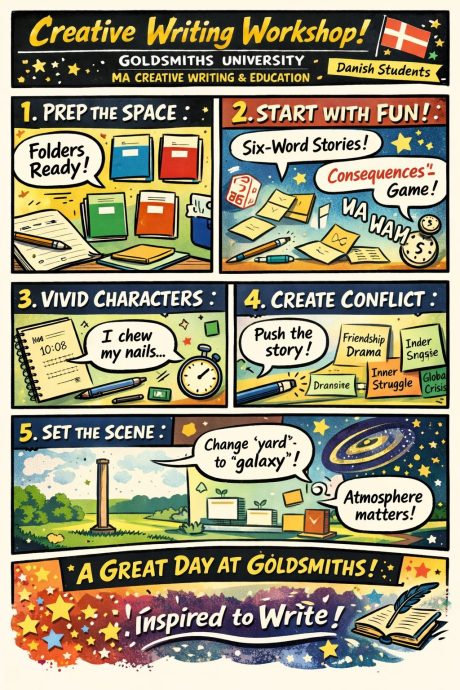
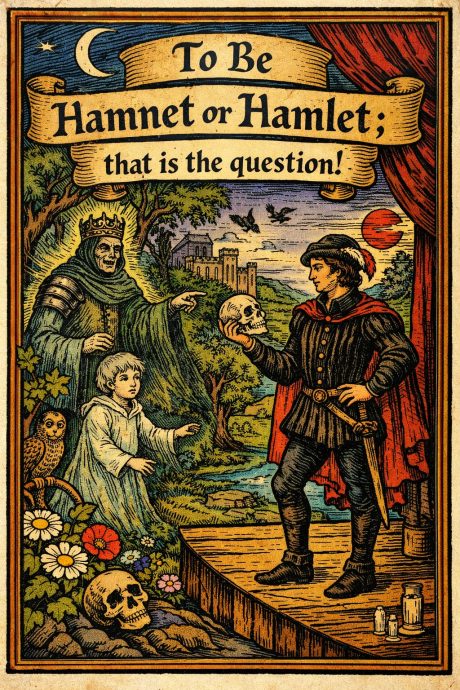





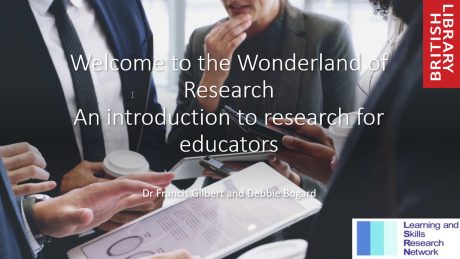

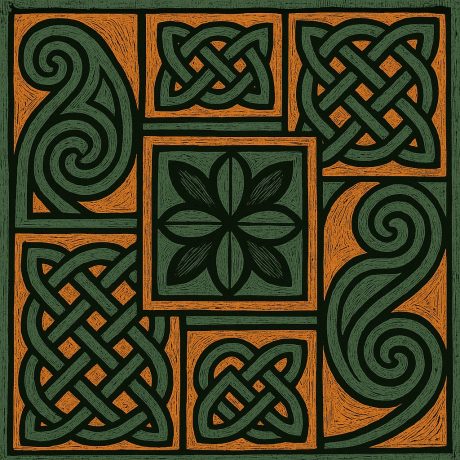
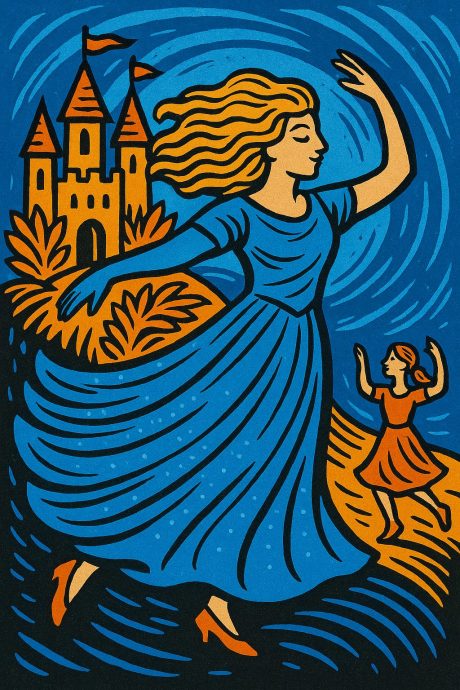
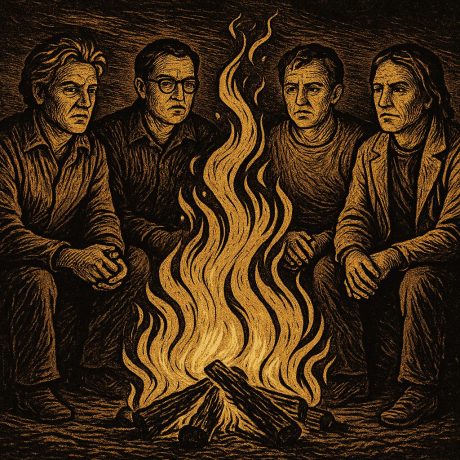
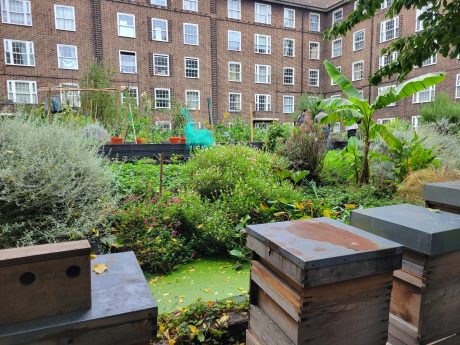
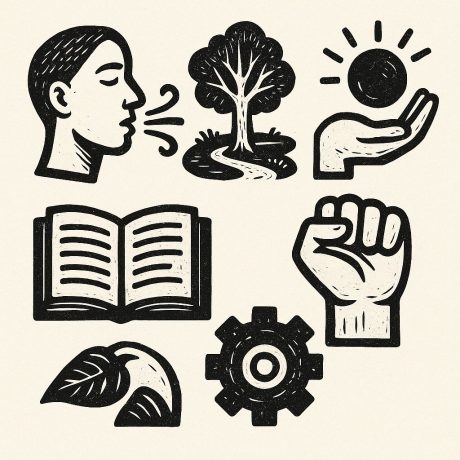
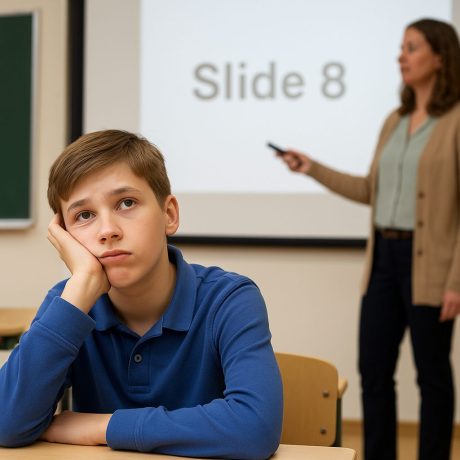
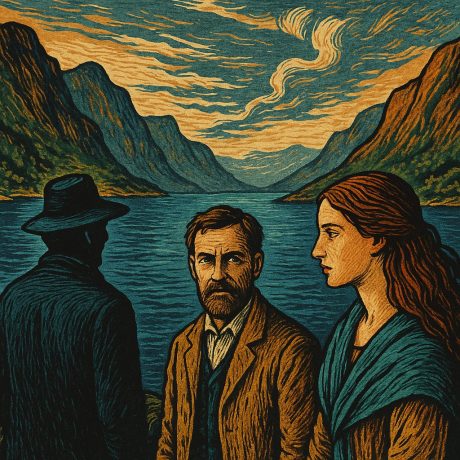
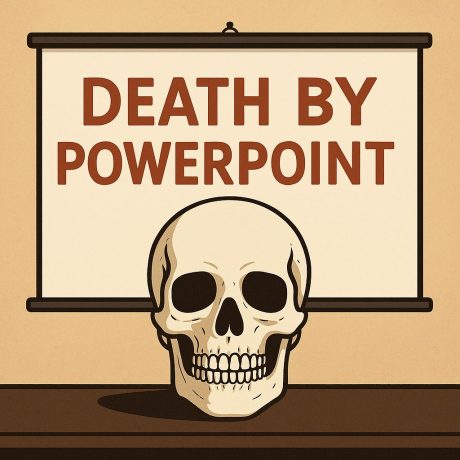
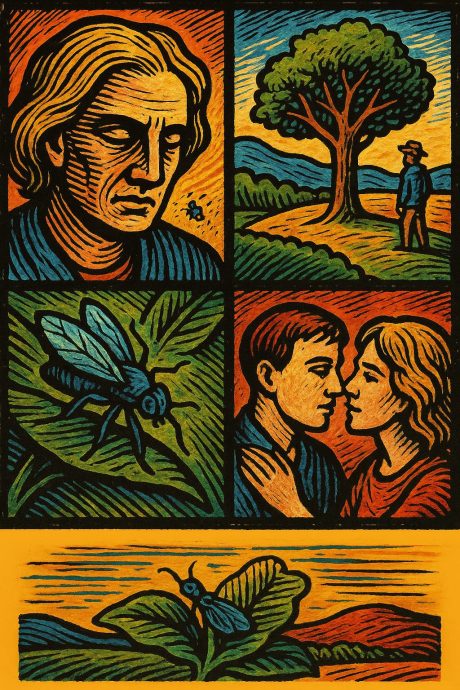
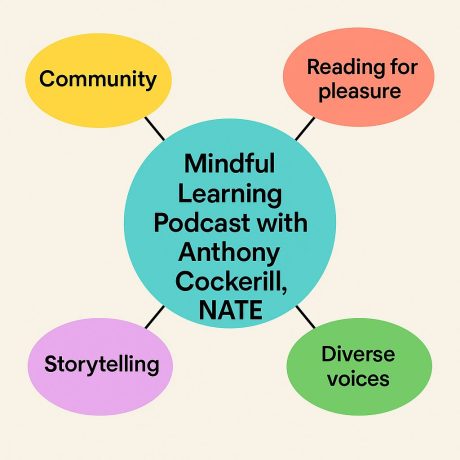
Five Things I Learnt About Winning from Marty Supreme
What does it really mean to win? I went to see Marty Supreme expecting a sports movie, or at least a film about ambition. What I came away with was something darker and more unsettling. A portrait of winning at all costs, and the quiet wreckage left behind when success becomes the only value left standing. Ping pong is treated with utter seriousness in this film. No irony, no wink. It becomes a lens through which we watch a man climb, dominate, discard, and hollow himself out. Marty wins matches, lovers, money, status. He also abandons people, humiliates himself, and loses any capacity for kindness or care. The film’s greatest strength is its visual world. 1950s Manhattan, the shoe shop, the light, the textures, the labour. These spaces quietly tell a story Marty refuses to hear. Winning lifts him out of community and leaves him alone with his trophies. This blog reflects on five things the film taught me about winning, losing, seriousness, vulnerability, and why ambition without ethics ends up looking absurd rather than heroic. If you are interested in culture, education, masculinity, parenting, or what we teach children about success, this film, and this moment, are worth thinking about. Read the full piece on my website. If you’re reading this on Instagram, please paste the link into your browser to access the full article.